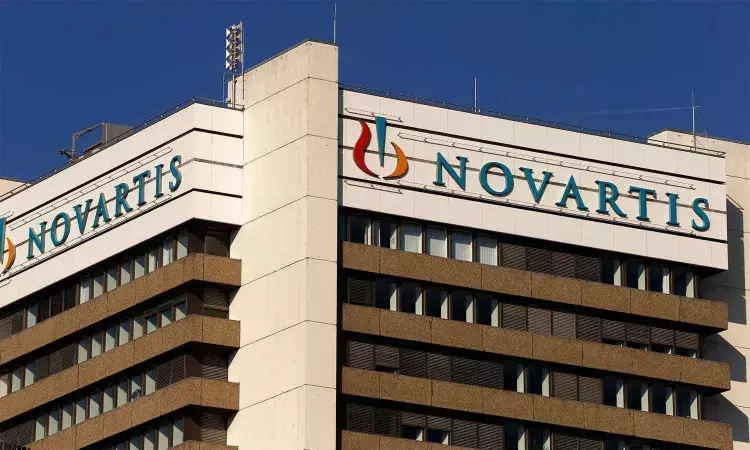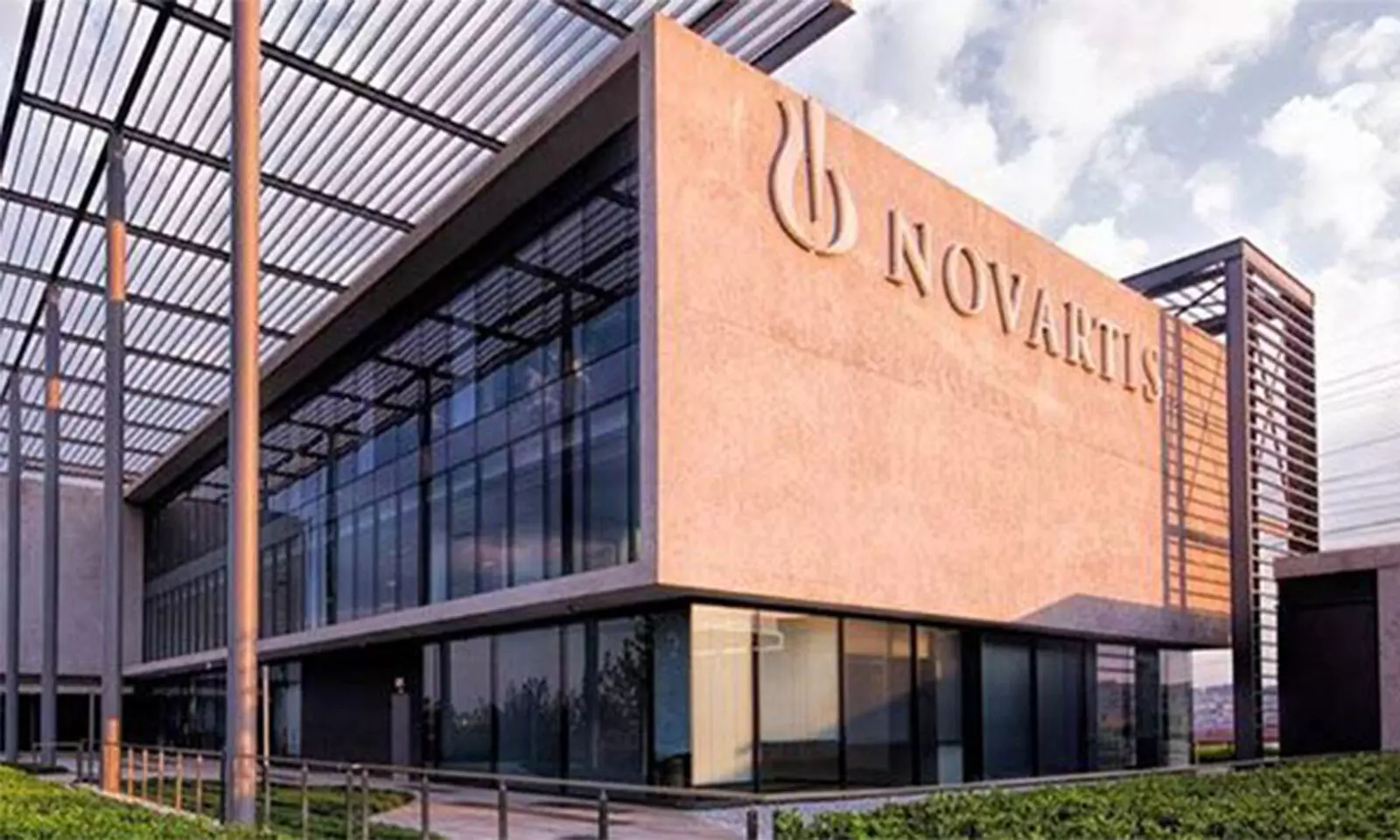- Home
- Medical news & Guidelines
- Anesthesiology
- Cardiology and CTVS
- Critical Care
- Dentistry
- Dermatology
- Diabetes and Endocrinology
- ENT
- Gastroenterology
- Medicine
- Nephrology
- Neurology
- Obstretics-Gynaecology
- Oncology
- Ophthalmology
- Orthopaedics
- Pediatrics-Neonatology
- Psychiatry
- Pulmonology
- Radiology
- Surgery
- Urology
- Laboratory Medicine
- Diet
- Nursing
- Paramedical
- Physiotherapy
- Health news
- Fact Check
- Bone Health Fact Check
- Brain Health Fact Check
- Cancer Related Fact Check
- Child Care Fact Check
- Dental and oral health fact check
- Diabetes and metabolic health fact check
- Diet and Nutrition Fact Check
- Eye and ENT Care Fact Check
- Fitness fact check
- Gut health fact check
- Heart health fact check
- Kidney health fact check
- Medical education fact check
- Men's health fact check
- Respiratory fact check
- Skin and hair care fact check
- Vaccine and Immunization fact check
- Women's health fact check
- AYUSH
- State News
- Andaman and Nicobar Islands
- Andhra Pradesh
- Arunachal Pradesh
- Assam
- Bihar
- Chandigarh
- Chattisgarh
- Dadra and Nagar Haveli
- Daman and Diu
- Delhi
- Goa
- Gujarat
- Haryana
- Himachal Pradesh
- Jammu & Kashmir
- Jharkhand
- Karnataka
- Kerala
- Ladakh
- Lakshadweep
- Madhya Pradesh
- Maharashtra
- Manipur
- Meghalaya
- Mizoram
- Nagaland
- Odisha
- Puducherry
- Punjab
- Rajasthan
- Sikkim
- Tamil Nadu
- Telangana
- Tripura
- Uttar Pradesh
- Uttrakhand
- West Bengal
- Medical Education
- Industry
Submit interim safety report: CDSCO panel tells Novartis for phase 3 study of intrathecal OAV-101

New Delhi: In a significant development, drug firm Novartis has got a green signal from the Subject Expert Committee (SEC) functional under the Central Drugs Standard Control Organization (CDSCO) to conduct a study of intrathecal OAV-101 for the treatment of Spinal Muscular Atrophy (SMA).
However, the nod is subject to the condition that the firm needs to submit a six-month Data and Safety Monitoring Board (DSMB) interim safety report.
This came after the firm presented their Phase III clinical trial proposal before the committee for intrathecal OAV-101 to treat Spinal Muscular Atrophy (SMA).
SMA is a rare, genetic neuromuscular disease caused by a lack of a functional SMN1 gene, resulting in the irreversible loss of motor neurons, affecting muscle functions, including breathing, swallowing and basic movement.
The severity of SMA varies across a spectrum of types that each correspond to the copy number of the SMN2 gene, which produces a small fraction (~10%) of functional SMN protein compared with SMN1. Left untreated, patients with SMA Type 2 are unable to walk and will require a wheelchair, and more than 30% will die by age 25. Loss of motor neurons cannot be reversed, so SMA patients with symptoms at the time of treatment will likely require some supportive respiratory, nutritional and/or musculoskeletal care to maximise functional abilities.
Intrathecal OAV-101 is under investigation as a one-time, single-dose, treatment option for older patients with SMA. Novartis earlier this year announced that the FDA concluded the OAV-101 intrathecal (IT) clinical programme may proceed based on data from a nonclinical toxicology study.
While assessing the risk versus benefit to the patients, the committee noted that the safety profile of the study drug from preclinical and clinical studies justified the conduct of the trial.
Analysing the innovation vis-a-vis existing therapeutics, the committee observed the study is to evaluate the efficacy and safety of intrathecal (IT) OAV101 in patients with later onset Type 2 spinal muscular atrophy (SMA) who are ≥ 2 to < 18 years of age, treatment naive, sitting, and never ambulatory.
Furthermore, observing the unmet medical need in the country, the committee noted that the test drug is used for the treatment of later onset Type 2 spinal muscular atrophy (SMA) in people who are ≥ 2 to < 18 years of age, treatment naive, sitting, and never ambulatory.
After detailed deliberation, the committee recommended the grant of permission to conduct the study with the condition that the firm needs to submit a six-month DSMB interim safety report.


